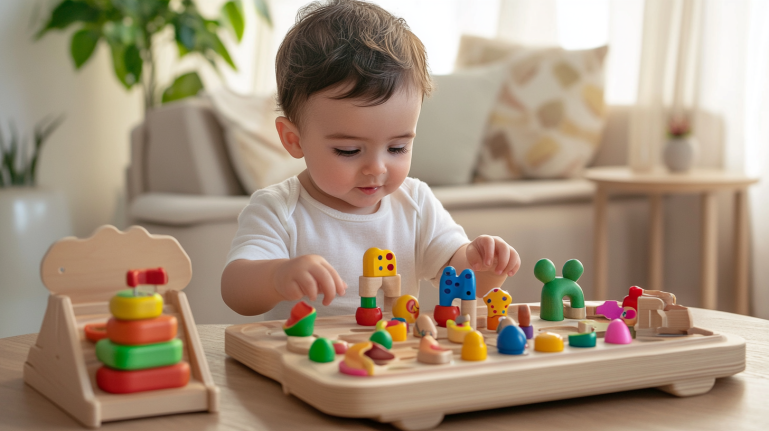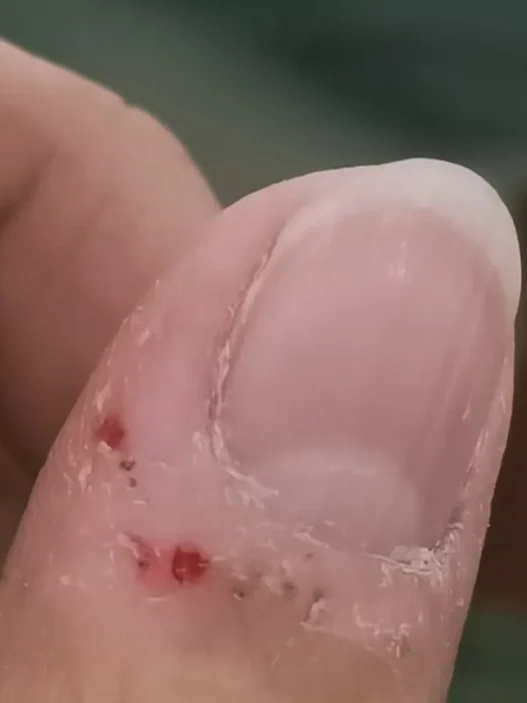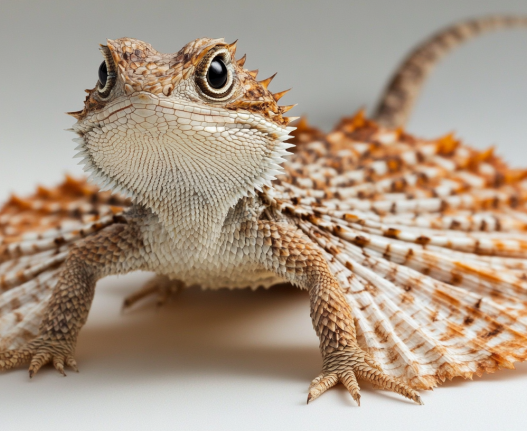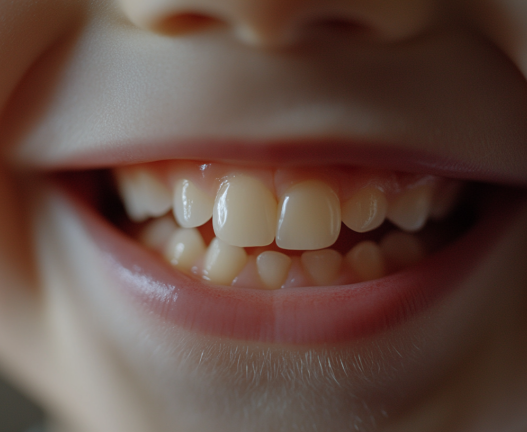Introduction
Every parent has wondered at some point, “Is my baby developing properly?” From the excitement of the first baby roll to the envy of hearing another child say “daddy” before yours, the first year of life is filled with milestones that mark cognitive development. But how can you make sure your little one is on track? Let’s explore the secrets to fostering your baby’s brain development and how to avoid the regrets of missed opportunities.
Why the First Year is Crucial for Cognitive Growth
The first year of life is often referred to as the “golden period” for brain development. Why? Because your baby’s brain is absorbing everything like a sponge. Studies show that the brain grows by a staggering 60% in just the first year. This rapid growth occurs as a baby learns not only to recognize faces and objects but also begins developing essential skills like language and sensory processing.
At birth, a baby’s brain contains about 100 billion neurons—that’s twice as many as an adult’s! These neurons are interconnected by synapses, forming a vast neural network. In fact, the connections are growing at an astonishing rate—about one million new synaptic connections per second. Imagine it like a high-speed train, and as a parent, you’re in the conductor’s seat. The first year offers some critical “windows of opportunity” where the right stimulation can dramatically boost cognitive development.

The Three Key Developmental Windows
0-3 Months: The Exploration Phase
In these early months, your baby is exploring the world mainly through their senses: sight, hearing, and touch. Sensory development is in full swing, and this stage is essential for building the foundation for all future cognitive skills.
How to Stimulate Development:
- Visual stimulation: Babies love high-contrast visuals, like black-and-white patterns or simple shapes. Even your face is a great source of stimulation!
- Auditory stimulation: Talk to your baby using exaggerated tones to grab their attention—just like “Wow, look at those cute little toes!”
- Tactile stimulation: Regular physical touch, like holding your baby’s hand or gently stroking their back, not only calms them but also stimulates their nervous system.

4-6 Months: The Practice Phase
From 4 to 6 months, babies start to reach for objects and develop hand-eye coordination. This phase is vital for fine motor skills, and your baby will start exploring their environment more actively.
How to Stimulate Development:
- Grip Training: Introduce toys like rattles or soft blocks that encourage your baby to grasp.
- Tracking exercises: Move a small toy or ball in front of your baby to help them develop eye-tracking skills.
- Kick and Play: Hang toys from above to encourage your baby to kick at them, which helps improve leg strength and coordination.

7-12 Months: The Explosive Phase
As babies reach 7 months, there’s a noticeable leap in language and cognitive development. They’ll start imitating sounds and understanding simple commands like “clap hands” or “say goodbye.” They also begin to grasp cause-and-effect relationships—such as realizing that when they throw a toy, you’ll pick it up.
How to Stimulate Development:
- Engage in Dialogue: Even if your baby can’t speak yet, keep talking to them throughout the day to develop their language skills.
- Read Together: Colorful, simple picture books are excellent for language development. Make reading a daily habit.
- Cause-and-effect play: Toys with buttons that produce sounds, or games like peek-a-boo, are great ways to teach your baby about cause and effect.

Jean Piaget’s Sensorimotor stages
Jean Piaget, a renowned child psychologist, outlined the sensorimotor stage of development, which occurs between 7 to 12 months. During this period, babies learn to explore their world through physical actions, and understanding cause-and-effect relationships is a pivotal milestone.

Common Parenting Concerns
1. “My baby seems to be developing slower—should I be concerned?”
It’s important to remember that every baby develops at their own pace. Some may crawl earlier, while others may start talking a bit later. As long as your baby is healthy, these differences are entirely normal.

2. “Do I need a lot of educational toys for my baby?”
Actually, the best educational tool is you! The key to a baby’s cognitive development is interaction, not expensive toys. Your baby’s favorite “toy” is likely your face and voice.

3. “I’m so busy! How can I make time for developmental activities?”
Even small, quality moments count. Whether it’s reading a story for 10 minutes or talking to your baby during a diaper change, your presence is what matters most.

Practical Tips for Cognitive Development
- Tummy time: This is crucial for strengthening neck and upper body muscles, which help with motor coordination.
- Independent Exploration: Allow your baby to explore their safe space. This encourages curiosity and problem-solving skills.
- Expose to Nature: Spending time outdoors, in nature, can significantly enhance sensory development and attention span.

Conclusion: Planting the Seeds for Success
Parenting is much like nurturing a tree. The first year is the time to plant the seeds for future growth. While results might not be immediate, every loving interaction and moment of attention builds the foundation for your baby’s brain development.
Remember, the science-backed approach to raising a smart, well-developed child is “moderate stimulation combined with high-quality interaction.” By embracing your baby’s developmental windows and offering love and patience, you’re helping to unlock their full cognitive potential.



















